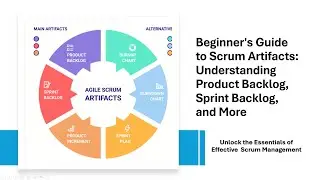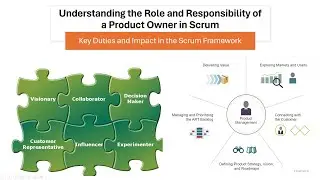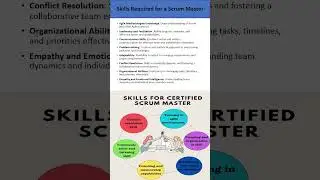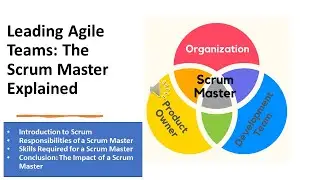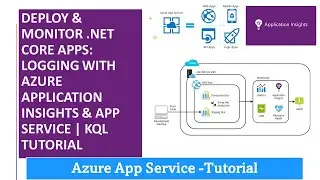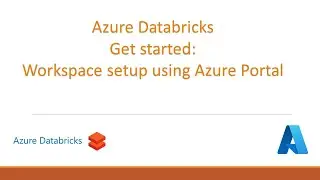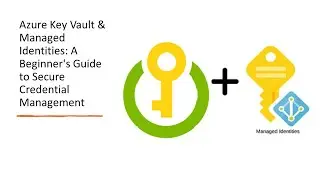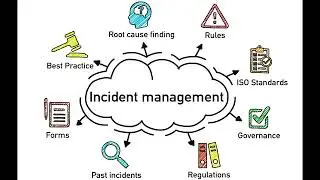Java Architect: Roles and Responsibility of Architect
A Java Architect plays a crucial role in the design and development of Java-based software systems. They are responsible for ensuring that the software solutions are robust, scalable, maintainable, and aligned with the organization's goals and requirements. The specific roles and responsibilities of a Java Architect can vary depending on the organization and the project, but here are some common ones:
System Design: Java Architects are responsible for designing the overall system architecture. This includes defining the structure of the software, selecting appropriate technologies, and determining how different components will interact with each other.
Technology Selection: They evaluate and select the appropriate Java technologies, frameworks, libraries, and tools for the project. They need to stay updated with the latest advancements in the Java ecosystem.
Coding Guidelines: Establish and enforce coding standards and best practices to ensure consistency and maintainability in the codebase. This might include design patterns, naming conventions, and code style guidelines.
Scalability: Ensure that the architecture can handle increased loads and can be easily scaled horizontally or vertically as needed.
Performance Optimization: Identify performance bottlenecks in the application and work on optimizing code and system performance.
Security: Address security concerns, such as protecting against common vulnerabilities like injection attacks, ensuring data encryption, and implementing proper authentication and authorization mechanisms.
Documentation: Create and maintain architectural documentation that helps developers and other stakeholders understand the system's design and implementation.
Team Collaboration: Collaborate with developers, testers, and other stakeholders to ensure that the software is developed according to the architectural design.
Quality Assurance: Oversee the quality of the software and ensure that it meets the specified requirements and standards. This may involve code reviews and testing strategies.
Risk Management: Identify potential risks in the project and plan for risk mitigation strategies. This includes planning for disaster recovery and business continuity.
Integration: Plan and oversee the integration of various system components, including third-party services and APIs.
Compliance: Ensure that the software complies with relevant industry standards, regulations, and best practices.
Problem Resolution: Assist in diagnosing and resolving complex technical issues and challenges that may arise during development or in production.
Performance Monitoring: Implement monitoring and alerting solutions to keep track of the system's performance in real-time and respond to issues as they arise.
Training and Mentoring: Provide guidance, mentoring, and training to junior developers and team members to help them understand and follow architectural guidelines.
Cost Management: Make decisions that balance functionality with cost-effectiveness, ensuring that the software solution aligns with budget constraints.
Java Architects need to have a strong understanding of Java technologies, software design principles, and a deep knowledge of the software development lifecycle. They should also have excellent communication skills to work effectively with cross-functional teams and communicate technical concepts to non-technical stakeholders. Overall, their role is to ensure that the Java-based software systems are not only functional but also maintainable and scalable in the long term.
Please follow and ask any question to our linkedin profile and twitter or our web site and we will try to help you with answer.
Linkedin
/ softwizcircle
twitter
/ soft_wiz
website
FB
/ softwiz-circle-113226280507946
Here Group of People are sharing their Knowledge about Software Development. They are from different Top MNC. We are doing this for community. It will help student and experience IT Pro to prepare and know about Google, Facebook, Amazon, Microsoft, Apple, Netflix etc and how these company works and what their engineer do.
They will share knowledge about Azure, AWS , Cloud, Python, Java,.Net and other important aspect of Software Development.





![CALLIGRAPHY ON IPAD TABLET [Arabic script on an abstract background]](https://images.videosashka.com/watch/Uu6CVlzLGhA)






